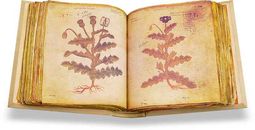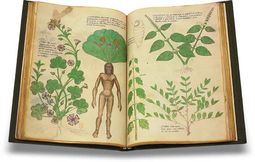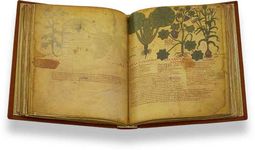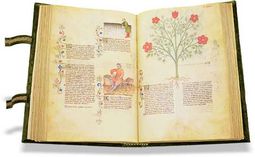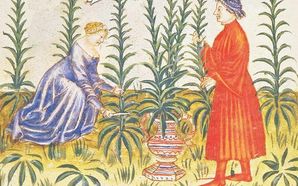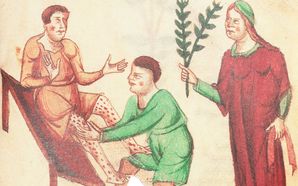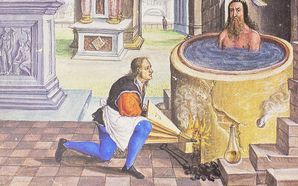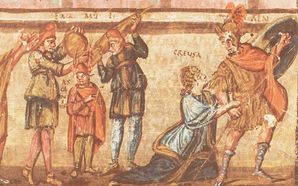Botany and Herb Books
Botanical manuscripts like the style-forming Vienna Dioscorides or the artful manuscript of the Tractatus de Herbis known as Sloane 4016 were among the most historically-significant of the Middle Ages. They represent a bridge between the wisdom of antiquity and modern medicine for the history of science, offer a glimpse of daily medieval life for cultural historians, and help art historians to trace the evolution of European aesthetics.
The often rich and lifelike illuminated works were the basis of every medical treatment in the Middle Ages. The medicinal plants depicted and described there were grown in specially designed herb gardens, for example in monasteries. This made it possible for people to treat practically every ailment and illness.
So-called herb books were made from late antiquity to the Renaissance. These texts were some of the only sources from antiquity to survive intact in the West throughout the Renaissance, but others were acquired through translations of Arabic and Hebrew sources, some of which were themselves transmissions of ancient texts. Botanical manuscripts formed an important part of the medieval foundations of modern science and continue to represent a highly-sought-after artistic genre.
Demonstration of a Sample Page
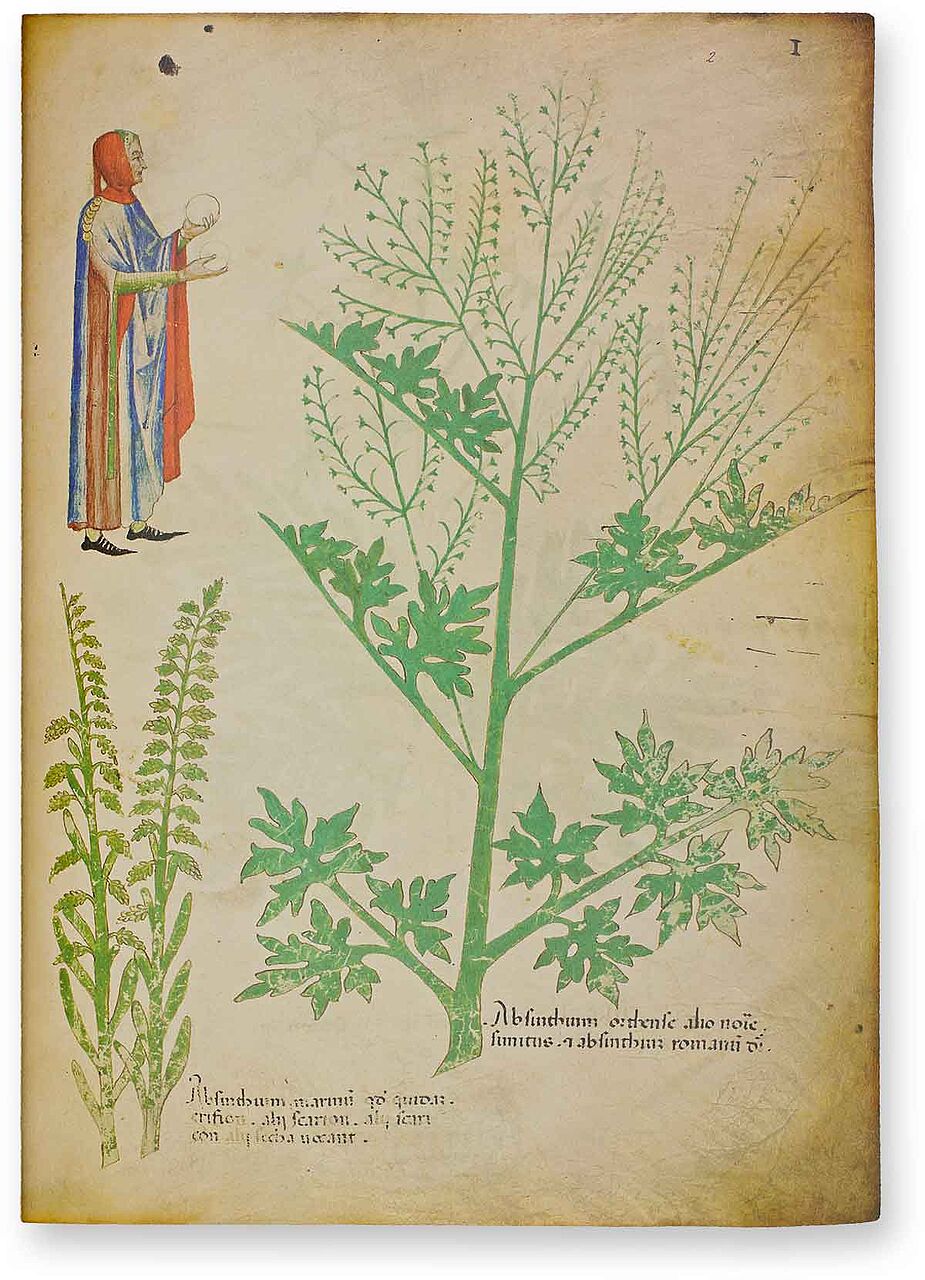
Tractatus de Herbis - Sloane 4016
Absinthium
In addition to a juggler dressed in flowing robes of red, blue, and green, this page accurately depicts two varieties of wormwood, the key ingredient in absinthe. This famous green liquor has historically been ascribed psychedelic effects and has been associated with many famous artists and writers, especially in the late-19th and early-20th century.
Wormwood fascinated medieval alchemists and its association with madness and disorder is biblical: “Then the third angel sounded: And a great star fell from heaven, burning like a torch, and it fell on a third of the rivers and on the springs of water. The name of the star is Wormwood. A third of the waters became wormwood, and many men died from the water, because it was made bitter.” (Rev 8:10)

